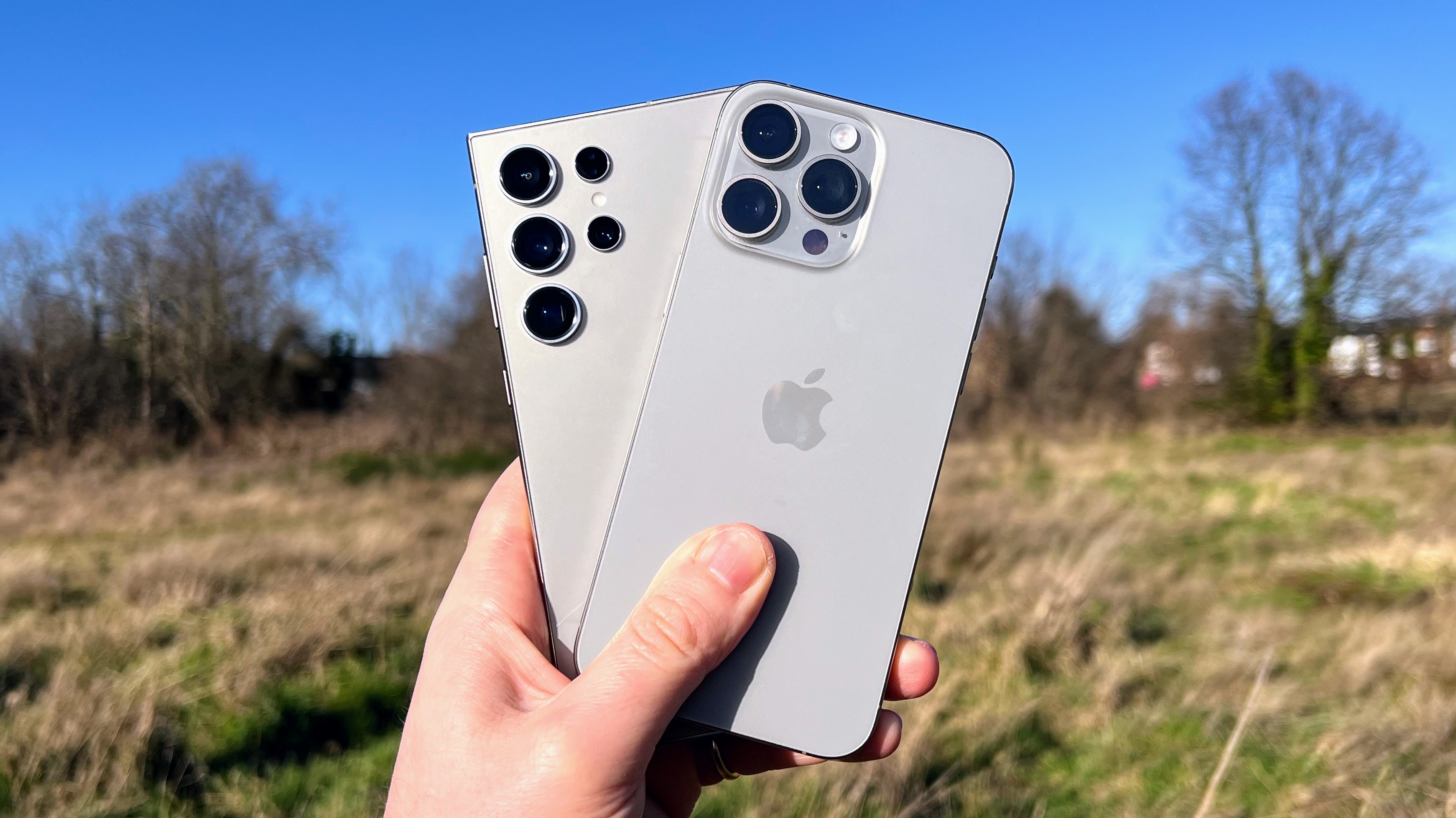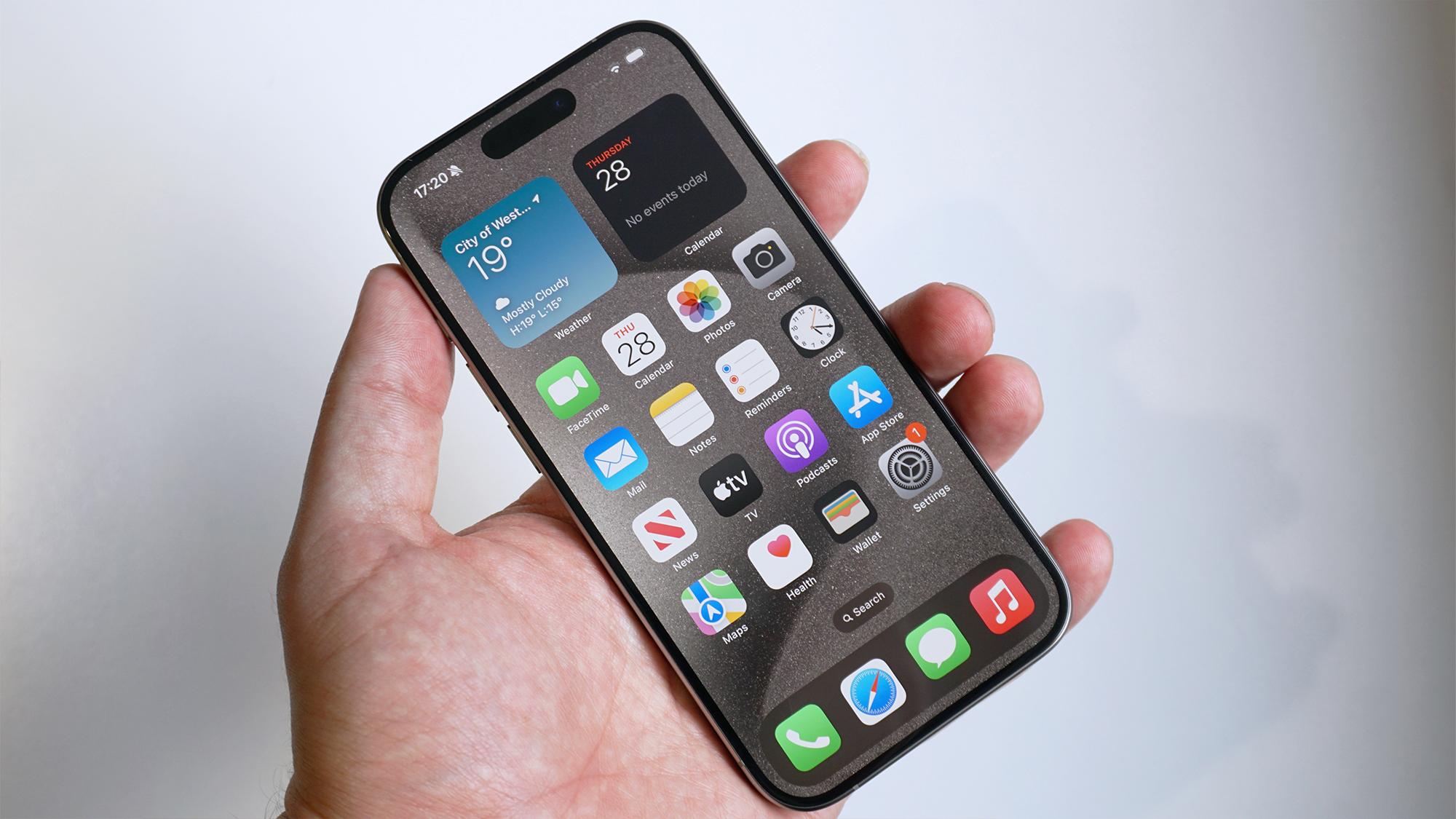
Sign up for breaking news, reviews, opinion, top tech deals, and more.
You are now subscribed
Your newsletter sign-up was successful
The performance gap between flagship chipsets narrows further every year, to the point where the real-world differences are negligible, but that doesn’t stop enthusiastic leakers from making bold claims about the on-paper power of one chipset over another.
The next flagship face-off will see Qualcomm’s Snapdragon 8 Gen 4 up against Apple’s as-yet-unannounced A18, and a new rumor from South Korea (via NotebookCheck) suggests that the former will boast better benchmark scores than the latter.
Specifically, the Snapdragon 8 Gen 4 – which is all but certain to power the Samsung Galaxy S25 and more of the best Android phones in 2025 – will reportedly achieve a single-core Geekbench score of around 3500, where Apple’s iPhone 16-bound A18 struggles to break 3300. Qualcomm’s next flagship chipset will supposedly outperform Apple’s equivalent in multi-core and GPU tests, too.
So, might this mean that the Galaxy S25 is an objectively more powerful phone than the iPhone 16? Judging by these numbers, yes – but there’s a big caveat to consider here.

The leaker notes that the Snapdragon 8 Gen 4’s prime core will be clocked at 4.3GHz, which is significantly higher than the Snapdragon 8 Gen 3’s equivalent 3.3GHz figure. A 4.3GHz clock speed isn’t yet viable on a smartphone, so while it may result in impressive lab-based benchmark scores, we wouldn’t place too much stock in seeing comparable scores replicated by a Snapdragon 8 Gen 4-powered smartphone.
That said, Qualcomm’s next flagship chipset still looks set to be a formidable beast. The company is, for the first time, using its own, more powerful Oryon cores to produce the Snapdragon 8 Gen 4 – its previous chipsets were produced using cores licensed from Arm – and the upcoming chipset could also be Qualcomm’s first to be made using a 3nm process, which essentially allows for 70% more transistors (and thus better heat efficiency) than the 5nm process.
Qualcomm SVP Chris Patrick has already teased that the Snapdragon 8 Gen 4 will deliver “astonishing levels of performance,” so we’re excited to see how phones like the Galaxy S25 fare when equipped with this next-generation brain.
Sign up for breaking news, reviews, opinion, top tech deals, and more.
Don't bet against Apple

Of course, Apple’s A18 will no doubt boast incredible performance, too. According to sources, the Neural Engine in the next iPhone chipset will have “significantly” more cores than the Neural Engine in the A17 Pro, so the iPhone 16 could match or beat the best Android phones when it comes to AI capabilities.
We’ve also heard that every iPhone 16 model will have an A18 chipset, where previous years have seen Apple’s latest and greatest chipsets reserved for the very best iPhones, like the iPhone 15 Pro and iPhone 15 Pro Max.
In any case, we’ll have to wait until early next year before we can directly compare the performance of the iPhone 16 against the Galaxy S25 – and thus pit Apple’s A18 chipset against Qualcomm’s Snapdragon 8 Gen 4 – but it’s exciting to think that smartphones will be getting even more powerful in the months to come.
You might also like...

Axel is TechRadar's Phones Editor, reporting on everything from the latest Apple developments to newest AI breakthroughs as part of the site's Mobile Computing vertical. Having previously written for publications including Esquire and FourFourTwo, Axel is well-versed in the applications of technology beyond the desktop, and his coverage extends from general reporting and analysis to in-depth interviews and opinion.
Axel studied for a degree in English Literature at the University of Warwick before joining TechRadar in 2020, where he earned an NCTJ qualification as part of the company’s inaugural digital training scheme.